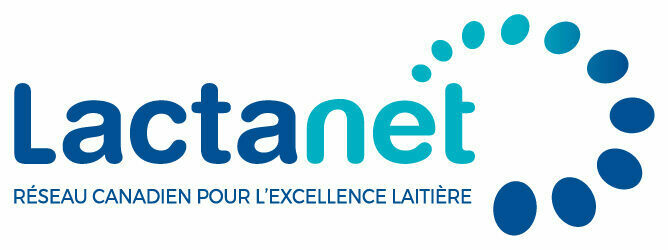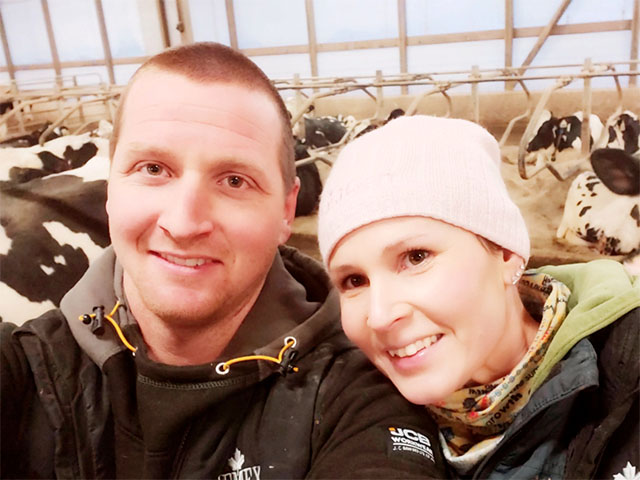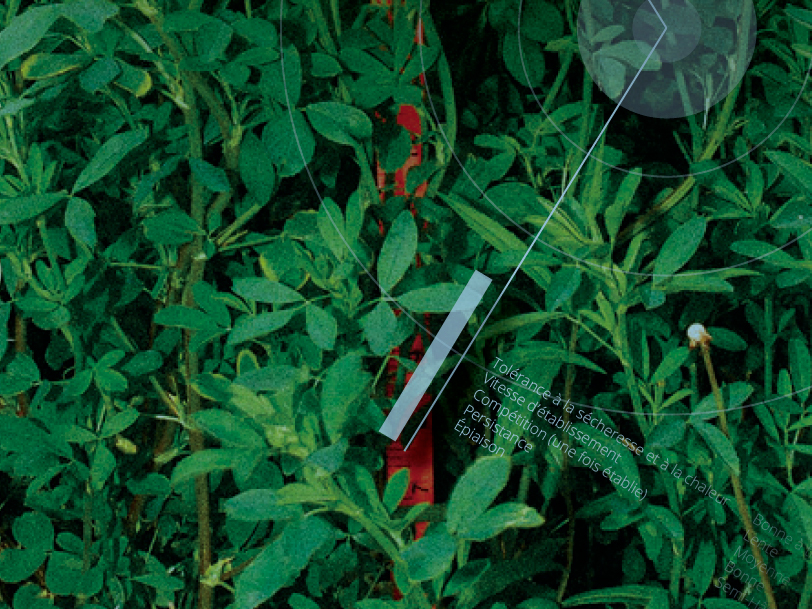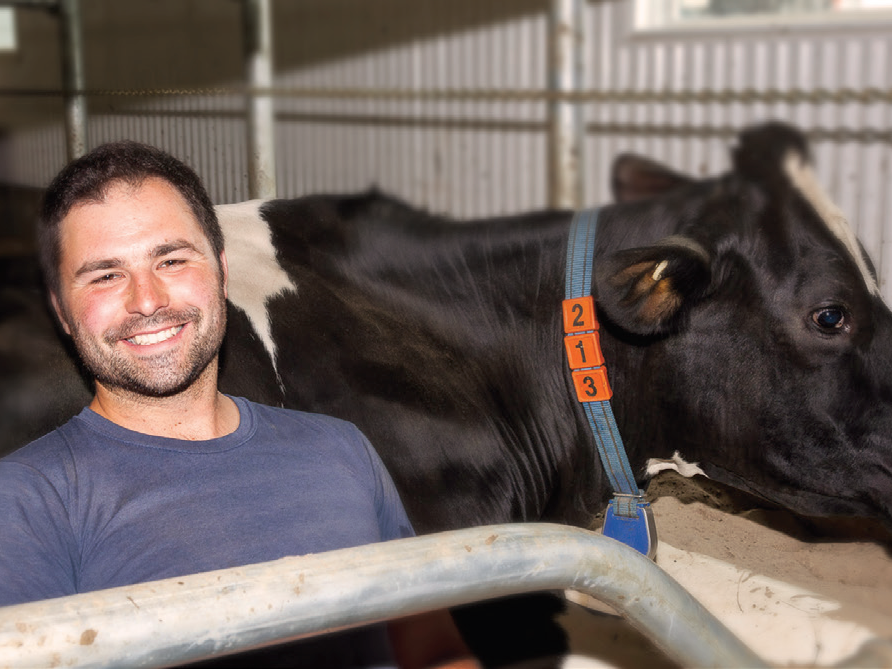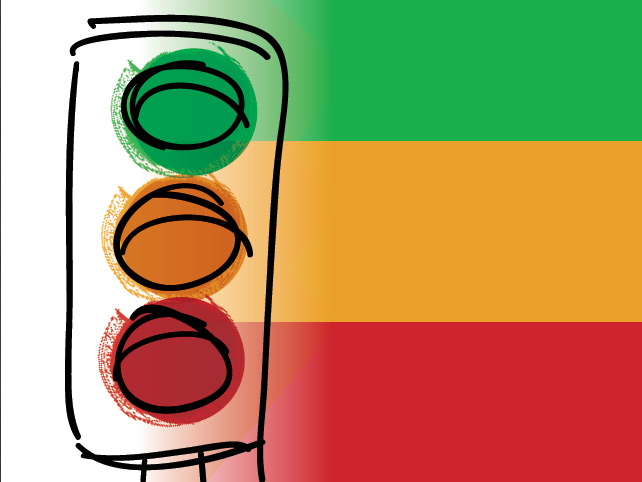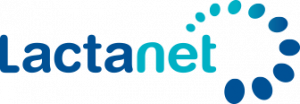Colostrum Management is Key
- April 29, 2022
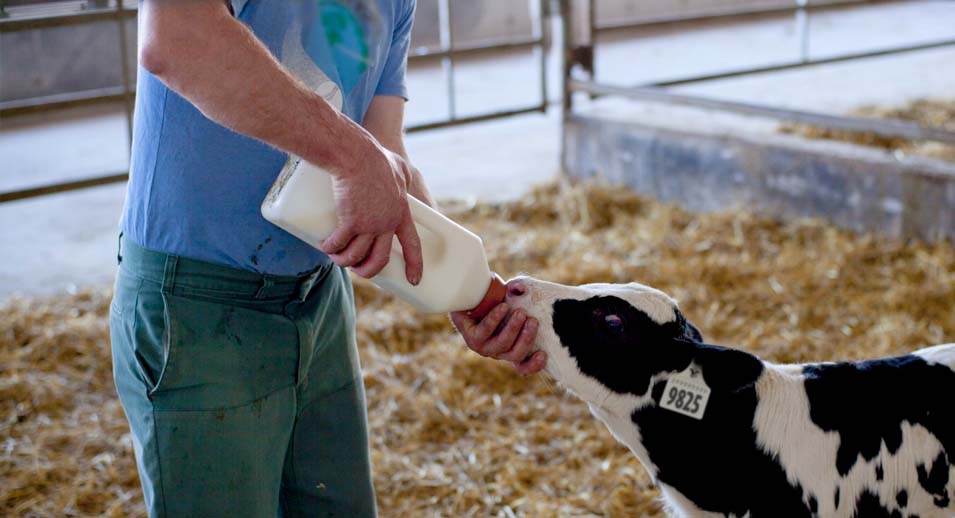
Transfer of Passive Immunity (PI) remains a key point in assuring excellent calf health. Calves are born with no immunoglobulins (Ig) or lymphocytes, the sentinels of their immune system. Because of this, it’s vital that they integrate the Ig from colostrum to provide temporary protection until their own immune system can take over.
In order to increase the success of PI transfer, it’s essential that at least 300g of immunoglobulin G (IgG) be consumed within the first day of life (effectively the first two feedings), with 200g of this being in the first feeding alone. For this to be achieved, there are 4 main criteria to meet: colostrum should be feed quickly after birth, be of excellent microbiological quality, in a sufficient amount and with a high concentration of IgG (we can evaluate this with an optic refractometer, as Brix is an indirect indicator of IgG concentration).
To evaluate key practices, a team of researchers from the Faculty of Veterinary Medicine of Quebec (Morin et al, 2021) looked at the colostrum management practices that were associated with a successful PI transfer for 818 calves from 61 commercial farms in Quebec. Below are the findings of their study:
1. Time
Sufficient PI as a function of time was 1.6 times higher if colostrum was fed in the first 3 hours after birth. The researchers also noted that calves that were given their first drink after the first 4 hours of life had a 2.7 times lower chance of achieving PI.
The first hours of life are critical for calves as the absorption of IgG in the intestine diminishes rapidly with the passage of time.
2. Microbiological Load
3. Quantity of colostrum at first feeding
4. Quality of Colostrum
To ensure a good start for your calves, you should consider testing colostrum quality, know the amount of IgG that has been fed to your newborns, feed as soon as possible following birth, and take particular care to avoid bacterial contamination of your calves’ first meal.
Morin & al., A calf-level study on colostrum management practices associated with adequate transfer on passive immunity in Québec dairy herds, 2021. J Dairy Sci. 2021 Apr;104(4):4914-4922. doi: 10.3168/jds.2020-19476. Epub 2021 Jan 28
